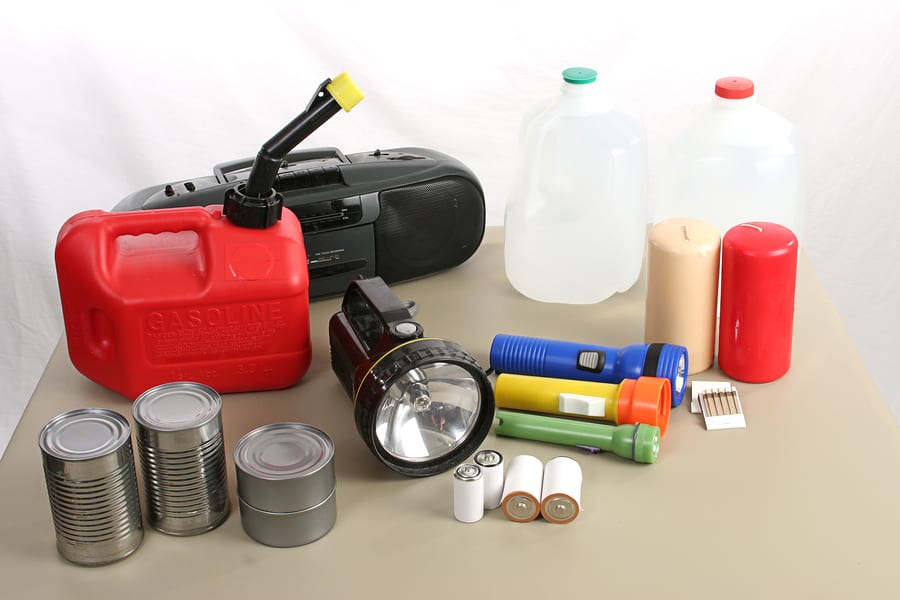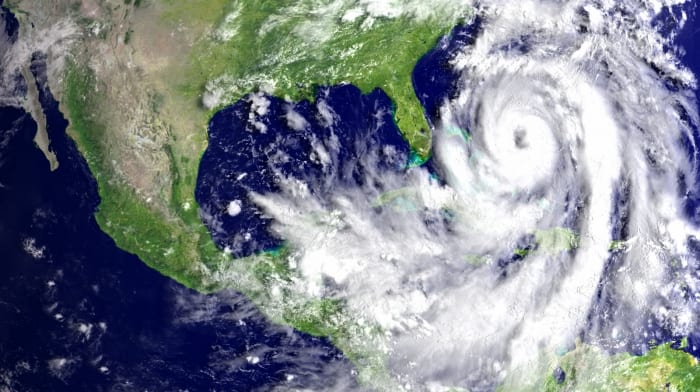
Here are some tips to get you prepared for the hurricane season. Also find out how to keep safe before, during and after bad weather.

Flood Watch – Period during which flood monitoring, forecasting and flood warnings are carried out. During this time the probability of flooding is assessed and information disseminated.
Flood Alert – Period of intense data collection, monitoring and assessment. The possibility of flooding is present.
Flood Warning – Issued when indications show that water levels will exceed the alert level within 24 hours.
Small Craft Advisory – Issued when weather conditions make small craft operations marginally safe. Issued for moderate sea conditions, winds of 20 mph or low visibility due to haze.
Small Craft Warning – Issued when conditions are unsafe for small craft operations. Issued for tropical depressions, storms, hurricanes and rough seas.
Storm Warning – Issued for an area when tropical storm conditions are expected to occur within 24 hours or less.
Tropical Wave – Is a low-pressure trough or a weak low-pressure circulation.
Tropical Cyclone – The general term used for anti-clockwise circulations originating over tropical waters.
Tropical Disturbance – An area of organised convection in the lower atmosphere which may or may not be associated with a surface low-pressure system and which has maintained its identity for at least 24 hours.
Tropical Depression – Is a tropical cyclone in which the maximum average surface wind is 38 mph or less.
Tropical Storm – A well organised tropical cyclone has maximum average surface winds of 39-73 mph.

The District Emergency Organisation (DEO) operates as the volunteer arm of the Department of Emergency Management (DEM. The role of the DEO is to organise and coordinate the resources of the community so as to allow for an effective response in time of crisis.
The DEO works with the community to develop and operationalise disaster prevention and disaster preparedness programs to lessen the impact of identified hazards such as hurricane, flood and earthquake, fire, aircraft and vehicular accidents and is also becoming more and more involved in the fight against environmental hazards.
Joining a District Emergency Organisation in your community is another step towards getting ready for the season. And, you receive training in first aid and chainsaw operation. Here’s how you can help.
Click here for more information and to find your nearest hurricane shelter.